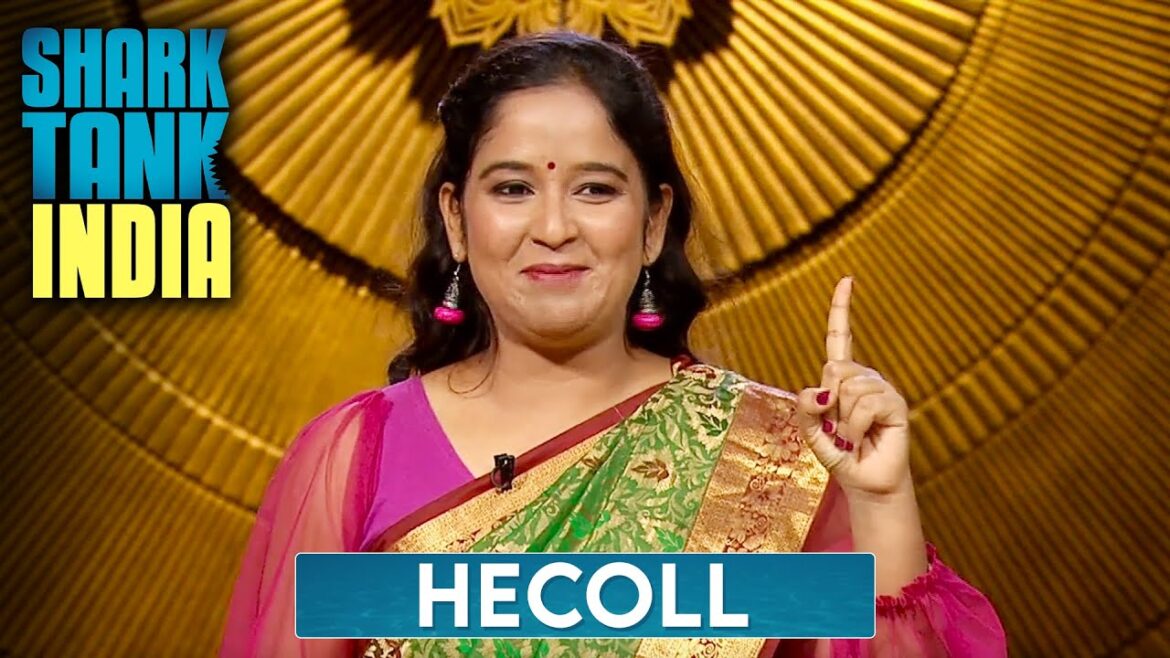Hecolll Shark Tank India Season 1
Hecolll
Cotton fabric made by Hecoll protects 99% of UV rays and filters about 95% of air pollutants. Hecoll fabric shields users from bacteria like E. coli and salmonella as well as a variety of viruses like H1N1 and Covid-19.
In an effort to address the issue of mask disposal during the COVID-19 pandemic, Hecoll developed a fabric that will naturally disintegrate in 14 weeks. In addition, it hired LGBTQ+ people and over 140 women to make masks.
Founder of Hecolll
Hecoll, an acronym for “Healthy Cover For All,” was founded by Deepthi Nathala. It is a fabric that, when touched, suppresses germs and viruses and protects 99% of UV radiation and 95% of pollutants. Nathala discovered a way to link the fabric with guardian molecules, which could filter particulate matter, block UV rays, and destroy bacteria and viruses upon contact, using eco-friendly cotton as the foundation material.
Hecolll Funding Round
Company Name | Hecolll |
Shark Tank India Season | 1 |
Episode No | 18 |
Season No | 1 |
Brand | Hecolll |
Idea | Pollution Resistant Fabric |
Original Ask | 1 crore for 1% equity |
Deal | No Deal |
Invested By: | ——– |
At the heart of Hecolll's pitch was a commitment to sustainability and environmental stewardship. Their pollution-resistant fabric utilized advanced technologies and innovative materials to create a protective barrier against pollutants such as dust, smoke, and chemicals. With a focus on durability and functionality, Hecolll sought to empower consumers to make environmentally conscious choices without compromising on style or comfort.
The Pitch:
Hecolll entered the tank with an ambitious proposition: pollution-resistant fabric designed to mitigate the harmful effects of environmental pollutants on clothing. With an original ask of ₹1 crore for a mere 1% equity stake, Hecolll aimed to address the pressing issue of pollution while offering consumers a practical and sustainable solution for protecting their garments.
The Deal:
Despite the potential of their pollution-resistant fabric, Hecolll left the tank without securing a deal. While the Sharks acknowledged the importance of their innovation and its potential impact on the textile industry, they ultimately decided to pass on the investment opportunity for various reasons, ranging from concerns about market demand and scalability to uncertainties about the effectiveness and viability of the product.
Conclusion:
While Hecolll may not have walked away from Shark Tank India with a deal, their presence on the show served as a reminder of the importance of innovation and sustainability in addressing pressing environmental challenges. As they navigate the complexities of entrepreneurship, Hecolll remains dedicated to their mission of creating a cleaner, greener future through their pioneering pollution-resistant fabric, one garment at a time.

